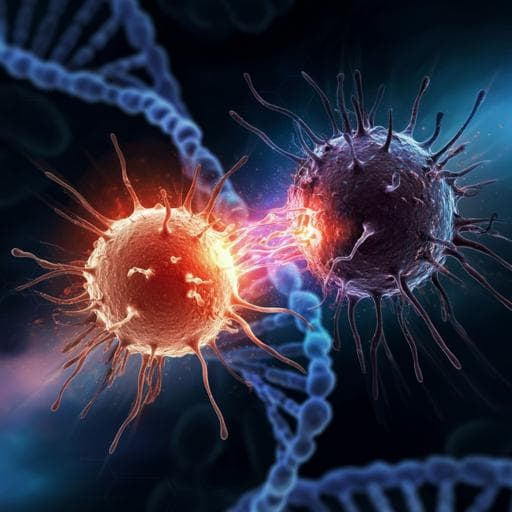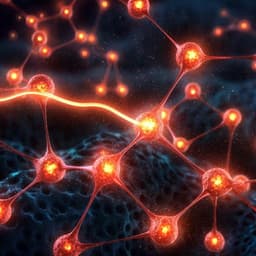
Medicine and Health
Non-viral, specifically targeted CAR-T cells achieve high safety and efficacy in B-NHL
J. Zhang, Y. Hu, et al.
This groundbreaking research illustrates the creation of non-viral, gene-specific targeted CAR-T cells using CRISPR-Cas9, leading to an impressive 87.5% complete remission rate in patients with aggressive B-cell non-Hodgkin lymphoma. Conducted by a team of experts, the study highlights the innovative use of PD1 integration for enhanced anti-tumor efficacy.
Related Publications
Explore these studies to deepen your understanding of the subject.







